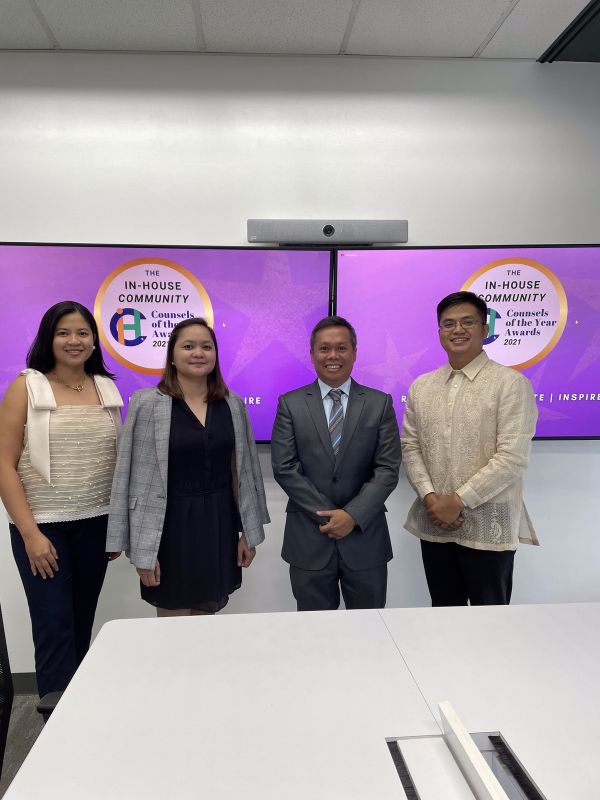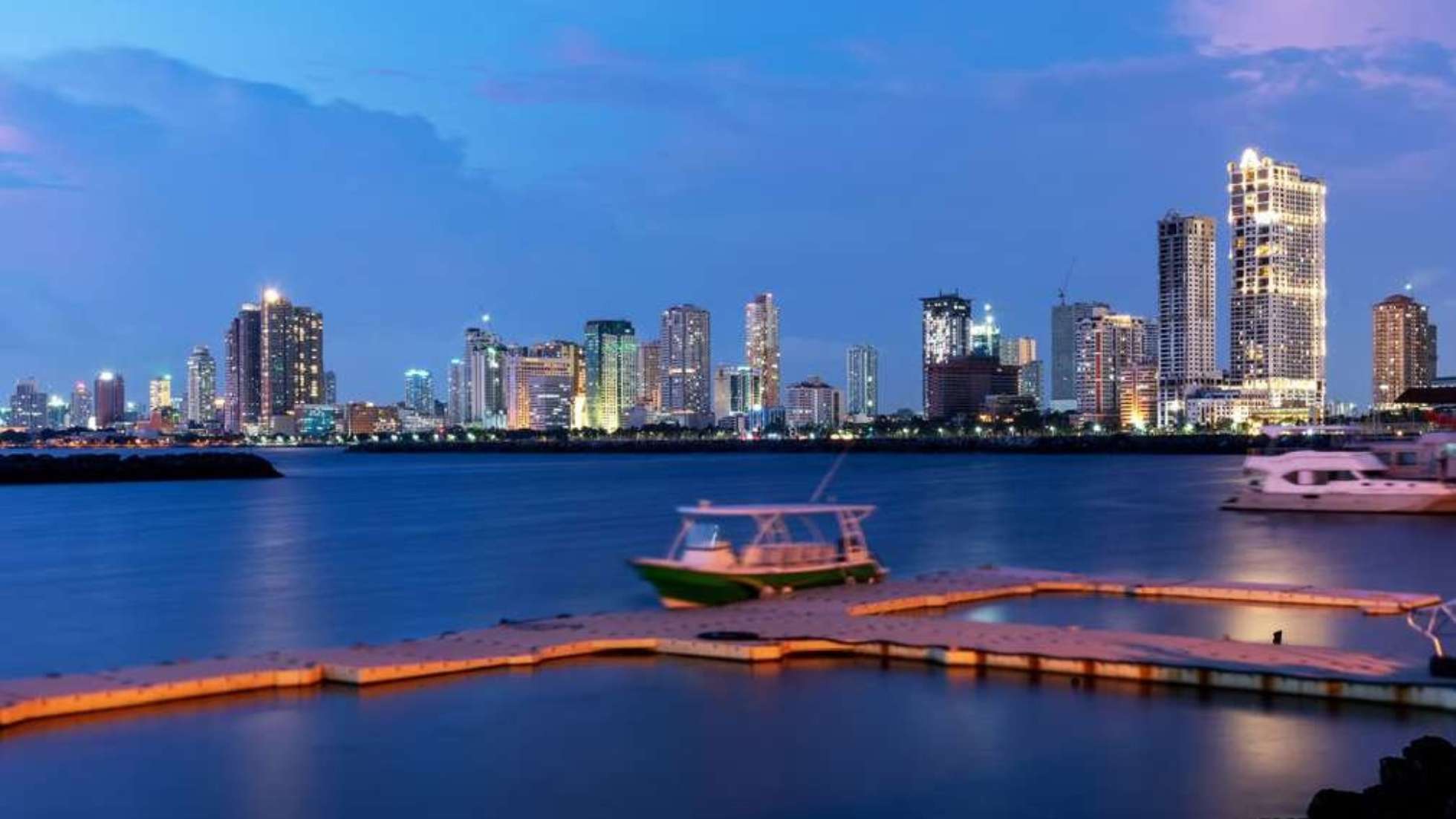January 18, 2024
Brief background of PPPs in the Philippines As early as 1990, the Philippine has recognized the significant role and contribution of the private sector in delivering basic government services to be more accessible to the public. To maximize the untapped potential of public-private partnerships (“PPP”), the Philippine Congress enacted Republic Act No. 6957 or “An Act Authorizing the Financing, Construction, Operation and Maintenance of Infrastructure Projects by the Private Sector, and for Other Purposes.” Said law enumerated the possible contractual arrangements between the public and private sector for the implementation of government projects such as build-operate-and-transfer, build-and-transfer, build-own-and-operate, build-lease-and-transfer, contract-add-and-operate, develop-operate-and-transfer, rehabilitation-operate-and-transfer, rehabilitation-own-and-operate. Based on a report produced by the Asian Development Bank dated December 2020, from 1990 to 2019, around 116 PPP projects have achieved financial closure, covering a variety of sectors such as airports, electricity, information and communications technology, ports, railways, roads, and water and sewerage. Additionally, total amount of investments made during the same period is approximately $43.95 billion. During the effectivity of Republic Act No. 6957, several amendments were introduced, and rules and regulations were passed to ensure unified and proper implementation of the law. Under the Revised Implementing Rules and Regulations (“IRR”) of Republic Act No. 6957, local government units were given liberty to formulate additional guidelines or procedures for their own projects that are not in conflict with the law. Thus, in its efforts to centralize and consolidate the various rules governing PPP projects, the Philippine Congress passed Republic Act No. 11966 or the “Public-Private Partnership Code of the Philippines” (“PPP Code”). The PPP Code covers “… all contractual arrangement between an... January 11, 2024
The rapid advancement of digitalization brought with it increased patronage for e-commerce. In April 2023, the Secretary of the Philippines’ Department of Trade and Industry (“DTI”) reported that the increase in online transactions globally resulted in 80% growth in suspected digital fraud attempts. Suffice to say that one of the pronounced effects of the rise of e-commerce is the consequent proliferation of e-commerce fraud. While the growth of e-commerce demonstrated its potential of transforming how businesses are conducted, it also highlighted the need for governments to put in place ethical, legal and regulatory frameworks to aid consumers and entrepreneurs in navigating this increasingly complex and evolving business landscape. In the Philippines, Republic Act (“R.A.”) No. 11967 or the Internet Transactions Act of 2023 (“ITA”) was recently signed into law with the objective of regulating commercial activities through the internet. The goal is to ensure that consumer rights and data privacy are protected, innovation is encouraged, fair advertising practices and competition are promoted, online transactions are secured, intellectual property rights are upheld, and product standards and safety are guaranteed. SCOPE OF THE LAW AND JURISDICTION OF REGULATORY ENTITY In terms of application, the ITA applies to all business-to-business (“B2B”) and business-to-consumer (“B2C”) internet transactions within the mandate of the DTI where at least one of the parties is situated in the Philippines. The ITA defines an “internet transaction” as the sale or lease of digital or non-digital goods and services over the internet. The ITA is extraterritorial in scope in that it encompasses all e-commerce participants including foreign retailers which avail of the Philippine market to the extent of establishing... July 12, 2023
On how legal teams are evolving and how embracing technology and fostering safe environments build better businesses What Inspired You To Transition From Private Practice To Public Service And Then Back To The Private Sector? How Did Each Experience Shape Your Legal Career? After passing the bar, I started working in a law firm because I thought that was where you learned the practice of law. For about four years, I was fortunate enough to work for a retired Supreme Court Justice. I picked up a lot of learnings, just by watching him argue and examine witnesses in court, drafting pleadings for him, riding in the car and talking about case strategy, oral arguments, and all the hard work that accompanies case preparation. Thereafter, I was appointed as a special prosecutor. My job was investigating and prosecuting erring government officials. Working for the government has its own opportunities and challenges, but I learned so much about the inner workings of the government, how the local and national government agencies creates its budget, advance its policies and laws, and provide public services. Of course, I was also able to see the not-so-good side as well, such as inefficiency and corruption. After five years, I thought I was ready to move on and I transferred to become an in-house counsel. This is where I truly felt I belonged, and I have been in this space for over twelve years now. For me, having a deep understanding of the business is key to being successful in an in-house role, as well as having effective leadership and communication skills. Each of my work... April 19, 2023
In-House Community Firms of the Year 2022 – Top Law Firms in Philippines Winners in ⭐bold Honourable mentions in italics Alternative Investment Funds (Including Private Equity) ⭐ SyCip Salazar Hernandez &Gatmaitan ⭐ ACCRALaw ⭐ Villaraza & Angangco ⭐ Puyat Jacinto & Santos Romulo Mabanta Buenaventura Sayoc & de los Angeles Banking And Finance ⭐ Villaraza & Angangco ⭐ ACCRALaw ⭐ Quisumbing Torres ⭐ Platon Martinez Flores San Pedro & Leaño SyCip Salazar Hernandez & Gatmaitan C&G Law Corporate And M&A ⭐ ACCRALaw ⭐ SyCip Salazar Hernandez & Gatmaitan ⭐ Villaraza & Angangco ⭐ Puyat Jacinto & Santos Law Offices Romulo Mabanta Buenaventura Sayoc & de los Angeles Gulapa Law EMPLOYM Aviation ⭐ Platon Martinez Flores San Pedro & Leaño ⭐ Ocampo, Manalo, Valdez & Lim Agcaoili & Associates Capital Markets ⭐ Villaraza & Angangco ⭐ ACCRALaw ⭐ Picazo Buyco Tan Fider & Santos Romulo Mabanta Buenaventura Sayoc & de los Angeles SyCip Salazar Hernandez & Gatmaitan Employment ⭐ Siguion Reyna, Montecillo & Ongsiako ⭐ ACCRALaw ⭐ SyCip Salazar Hernandez & Gatmaitan ⭐ Platon Martinez Flores San Pedro & Leaño Quisumbing Torres C&G Law Antitrust/ Competition ⭐ Puyat Jacinto & Santos ⭐ Quisumbing Torres ⭐ Ocampo & Suralvo Law ⭐ C&G Law Romulo Mabanta Buenaventura Sayoc & de los Angeles Mabanta Buenaventura Sayoc & de los Angeles ACCRALaw Compliance And Regulatory ⭐ SyCip Salazar Hernandez & Gatmaitan ⭐ Gulapa Law ⭐ ACCRALaw Ocampo & Suralvo Law Energy & Natural Resources ⭐ Puyat Jacinto & Santos ⭐ SyCip Salazar Hernandez & Gatmaitan C&G Law Intellectual Property ⭐ V&A Law ⭐ Siguion Reyna, Montecillo & Ongsiako ⭐ Cruz Marcelo & Tenefrancia Quisumbing Torres Puyat Jacinto & Santos International Arbitration ⭐ ACCRALaw ⭐ Quisumbing Torres ⭐ Poblador Bautista & Reyes ⭐ SyCip Salazar Hernandez & Gatmaitan Romulo Mabanta Buenaventura Sayoc... March 24, 2023
With the lifting of activity and capacity restrictions as well as masking and stay-at-home mandates in the Philippines in 2022, the country experienced a flurry of economic activity that drove growth to 7.6%, breaching official forecasts. The economy is expected to follow a steady growth trajectory in 2023 with projected gross domestic product (GDP) growth of 6% to 7%, significantly higher than the global GDP growth forecast. Considering several landscape-changing legislative and regulatory reforms passed in 2022 that are designed to attract muchneeded capital and technology from foreign investors, certain sectors and industries are well-placed to benefit from foreign direct investments (FDIs) into the Philippines in 2023 and beyond. Renewable Energy A convergence of significant tailwinds serve to boost the renewable energy sector as one of the most compelling opportunities for FDIs in the Philippine at present: the government’s push for energy security and commitments towards sustainability and a green economy, the abundance of resources naturally available in the tropical archipelagic state of more than 7,000 islands, the generous fiscal and non-fiscal incentives that can be availed of under the Renewable Energy Act, and the recent easing of nationality restrictions that previously suppressed growth in this sector. Through the Department of Energy (DOE) Department Circular (DC) No. 2022-11-0034 which took effect on 8 December 2022, the restriction for a Renewable Energy Service/ Operating Contract (RE Contract) to be awarded only to Filipinos or corporations at least 60% owned by Filipinos has effectively been removed. This amendment is a welcome development directed to help achieve the country’s ambitious target of a 35% renewable energy share in the power generation mix by... Recent Past Events












